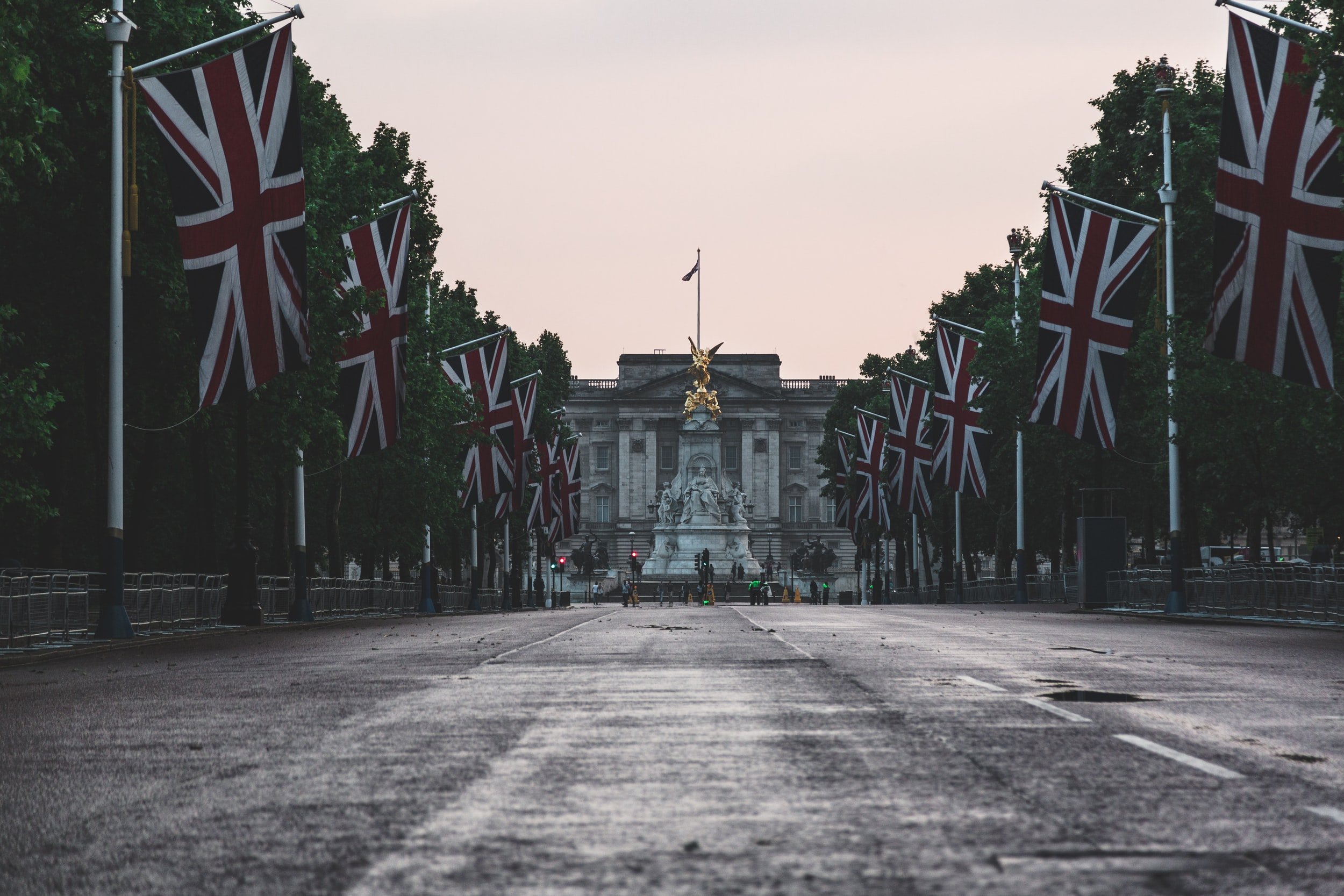Refugees in the UK Face an Uncertain Future
Photo Credit: Matt Antonioli (Unsplash)
In an unexpected move this week, the United Kingdom (UK) was granted permission by a High Court in London to send any asylum seekers to Rwanda. The UK government claims this new process will deter human traffickers and stop migrants from making dangerous treks to the UK. Some human rights groups believe the UK's new policy violates the 1951 Refugee Convention and its 1967 Protocol, which hinges on the principle of non-refoulement. What is non-refoulement, and how is the United Nations responding to the UK's decision?
UNHCR opposes the UK's policy.
In addition to questioning whether or not Rwanda is financially prepared to handle a mass influx of refugees, the United Nations, human rights groups, and refugee charities have flagged a major issue with the UK's policy: the purported violation of non-refoulement. The UN Refugee Agency's (UNHCR) work is based on two legal frameworks: the 1951 Refugee Convention and its 1967 Protocol. Those documents convey that "a refugee should not be returned to a country where they face serious threats to their life or freedom." That definition of non-refoulement is widely considered to be accepted in international law. UNHCR said the UK's policy is an "unacceptable" plan to "shift responsibility" and might be "a breach of international law." While the legal system debates if this policy is illegal, asylum seekers face a “Sophie’s Choice” of returning to a dangerous homeland or emigrating to another country against their wishes. Either choice represents a violation of the spirit of international refugee policies.
Children may be negatively impacted.
Several human rights groups have spoken up about how this policy may negatively impact children. The UK's Home Office, which oversees immigration, has allegedly classified several asylum-seeking children as adults, making them old enough to be considered for deportation to Rwanda. In one case, lawyers intervened on behalf of a minor under the age of 18 who was in detention and on the list for potential deportation to Rwanda. A charity says that two of the 70 asylum seekers who have received notification of pending removal are under 18 years of age. Clare Moseley, the founder of Care4Calais, told The Guardian, “We’ve got two age disputes but the Home Office has still issued notices of removal."
But, the UK wants to "dig in for the fight."
When the UK-Rwanda deal was announced in April, the Migration Policy Institute said that the policy would be met with legal challenges. Prime Minister Boris Johnson shrugged off criticism by saying his government was prepared to "dig in for the fight." While the UK has not revealed which groups will be deported, UNHCR's 2021 adult data for the UK shows that Iranians were the top nationality seeking asylum, closely followed by populations from Eritrea, Albania, Iraq, and Syria. Despite wars, poverty, civil unrest, and documented human rights abuses in those nations, the UK is wedded to this plan and has already paid Rwanda 120 million pounds (158 million dollars) to help integrate and house the newcomers.
Raise your voice on World Refugee Day. Every June 20, UNHCR and refugee-focused organizations recognize World Refugee Day. This year's theme is "the right to seek safety," which is a perfect way to open conversations about what is happening in the UK. UNHCR says that "every person on this planet has a right to seek safety – whoever they are, wherever they come from, and whenever they are forced to flee." Bookmark this link in the lead-up to June 20, so you can track activities happening in your area. On June 20, share messages on social media about the human right to seek safety. When issues are complicated, they can feel overwhelming and unsolvable. Remember that your voice matters. UNHCR published this messaging document that you can use to craft social media posts or as a conversation starter with friends and family.



